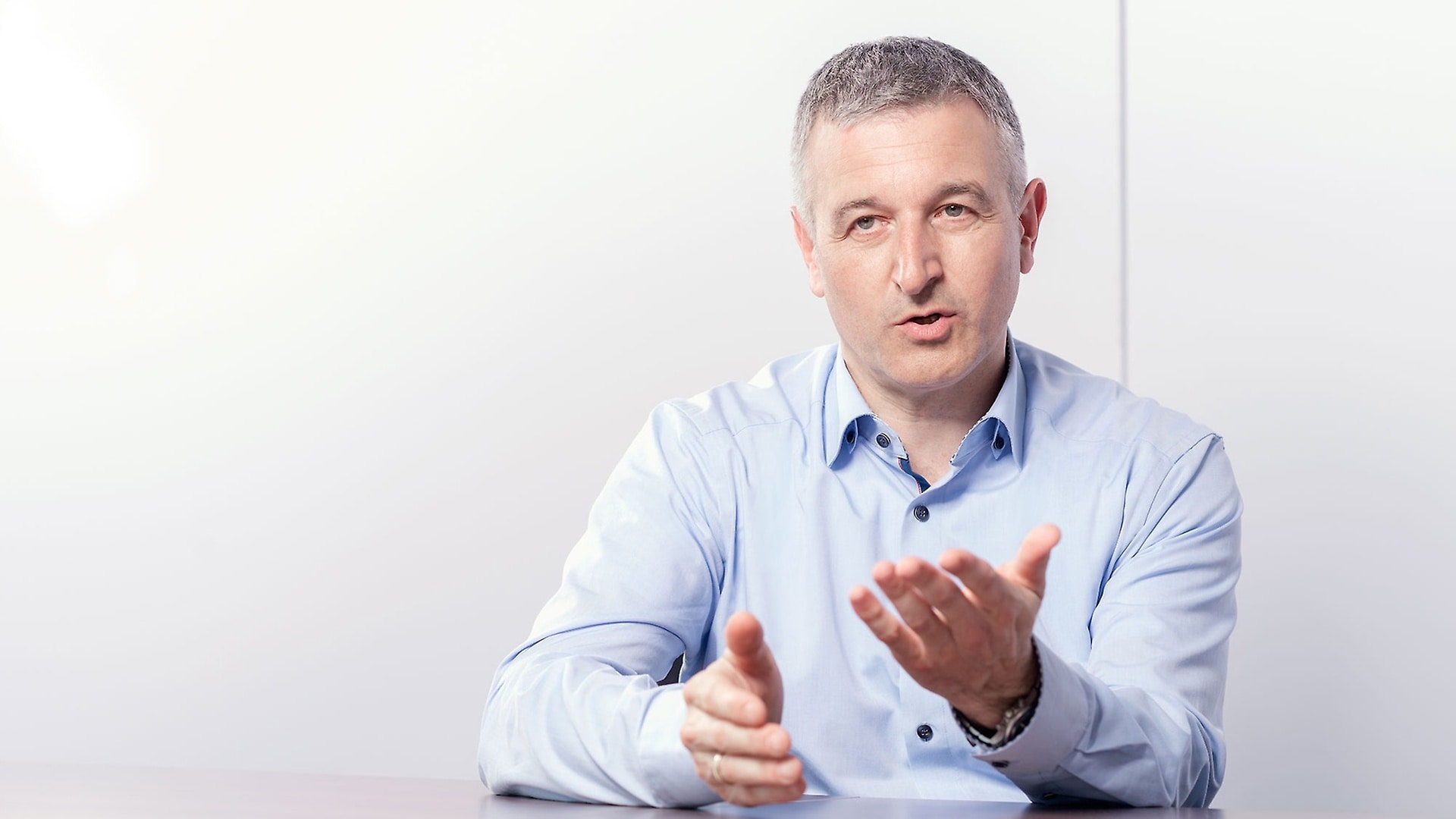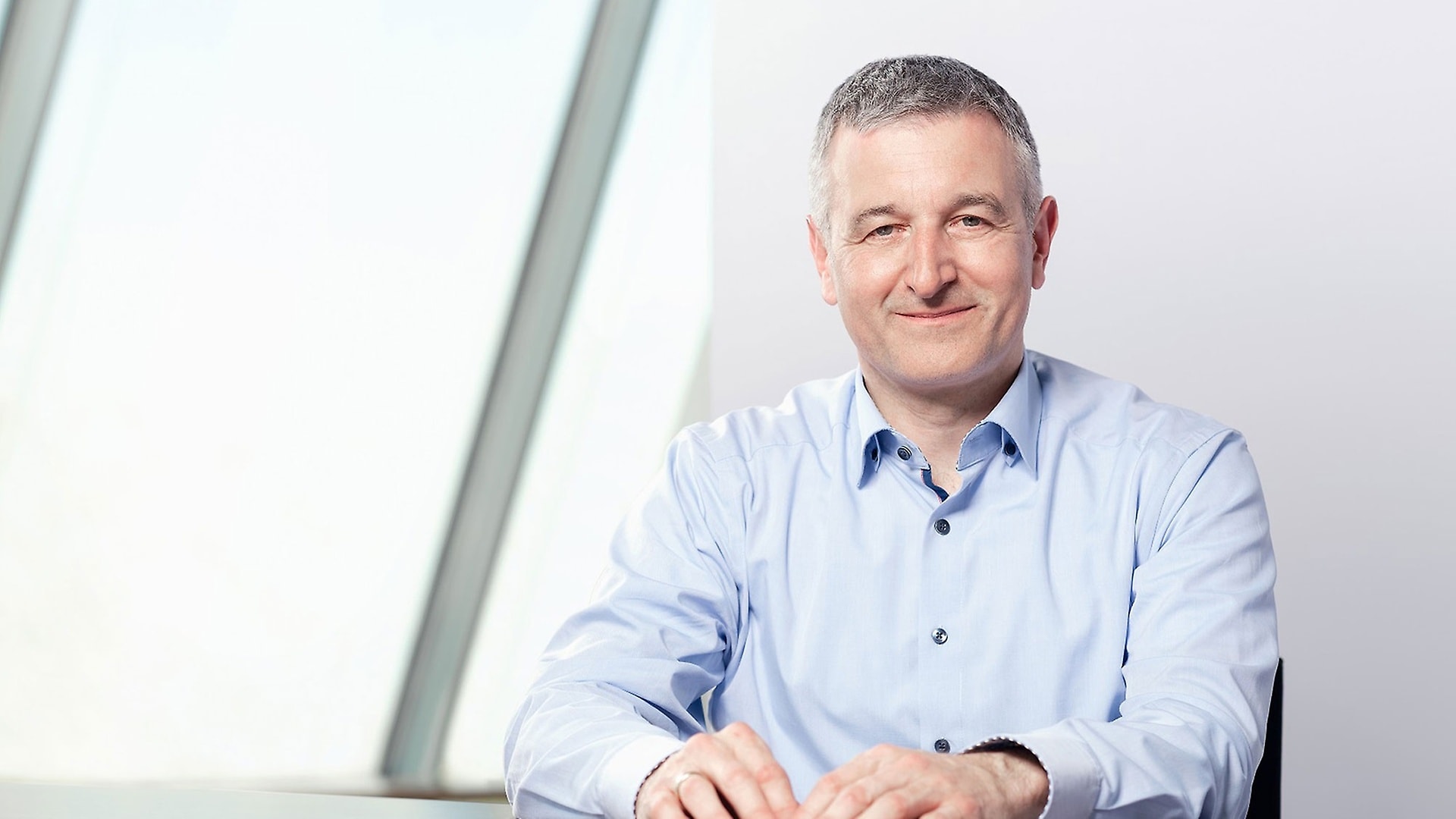Mr. Gleichauf, why is it important that lawyers are already involved in product development?
Gleichauf: The automotive industry – like the pharmaceutical industry or the financial sector – is becoming increasingly regulated. Therefore, we must deal intensively with regulatory and legal questions in the development field, at a very early stage of product development. The primary substantive focus is on the interpretation of technical regulations and standards that are unclear or that leave room for interpretation.
A good example of this is the discussion regarding an additional access step for vans for package delivery services, intended to make it easier for the driver to get in and out of the cargo space. The question here is how wide this access step should be. In accordance with product liability law, it should be as large as possible to make sure that the package courier can ascend and descend safely. However, it may also not stick out too much, so that it doesn't get caught on the curb or obstruct pedestrians.
We support and advise our colleagues in Research and Development in matters such as these.
So you are involved from the start. Are there other product topics in which lawyers play a decisive role?
Gleichauf: Yes, our scope of activity includes much more. For instance, we track down product counterfeiters: In this context, it is especially important to us to take out of circulation counterfeit automotive parts, such as rims or brake discs, because they are a real safety risk for our customers. For this reason, we cooperate closely with the relevant authorities. This protection of “intellectual property” also includes our company’s proprietary innovations, such as patents, design rights or copyrights. And we protect our valuable brand name against plagiarism and idea theft.
Furthermore, our unit is also in charge of all legal disputes relating to our products. That includes everything from product liability and recalls to warranty claims. Currently, we are of course also dealing with topics such as “Diesel” and “emissions”.
,xPosition=0,yPosition=0.5)


,xPosition=0.5,yPosition=0)
,xPosition=0.5,yPosition=0)
,xPosition=1.0,yPosition=0)